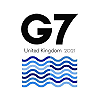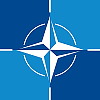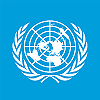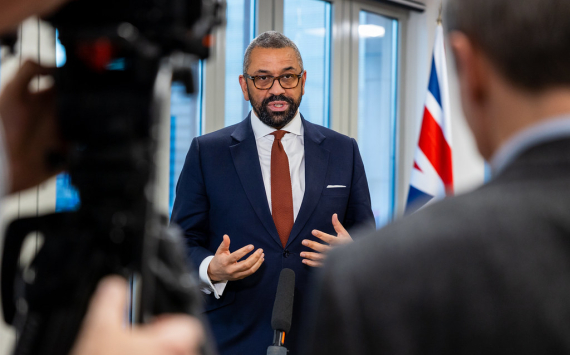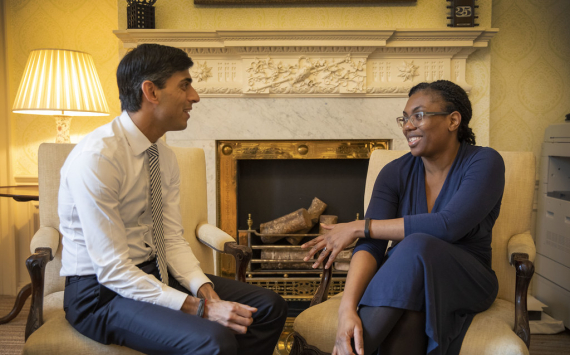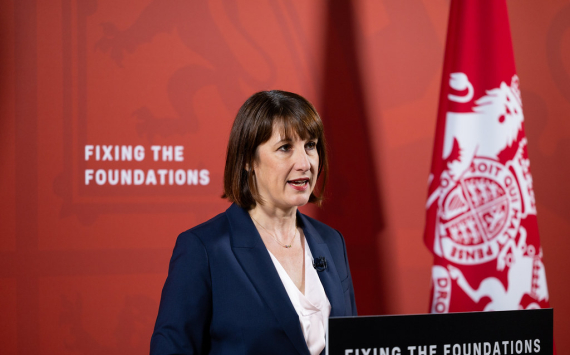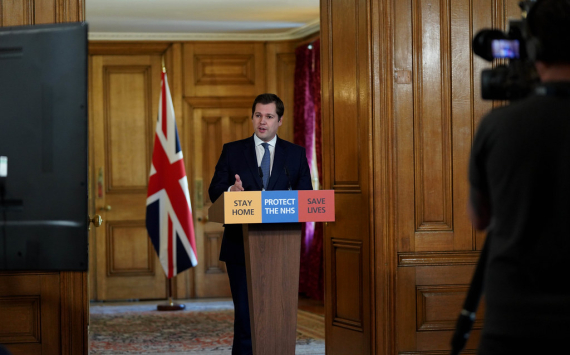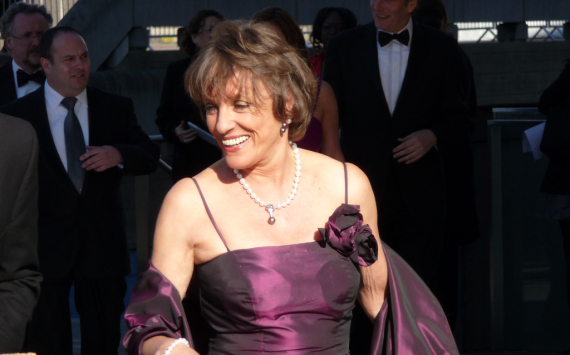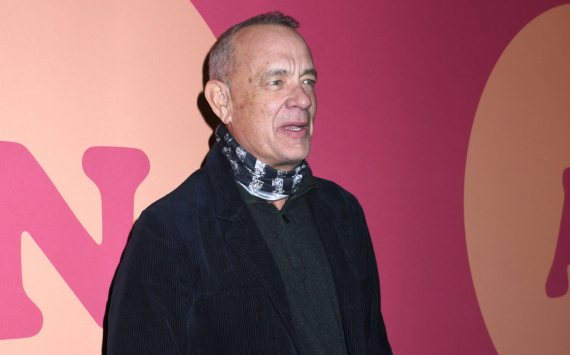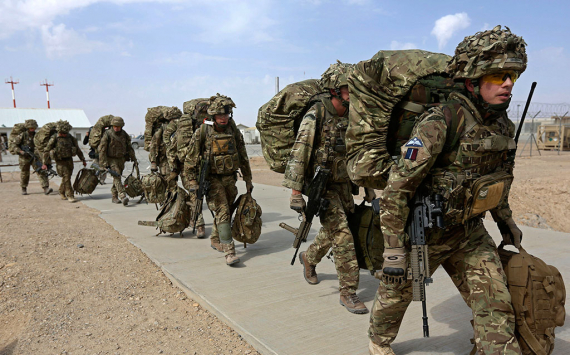
The UK is seeking an international consensus on how to deal with Afghanistan's new Taliban-led regime, with an emphasis on the safe passage for foreign nationals and Afghans out of the country.
The final British troops left Afghanistan on Saturday, ending a 20-year campaign there.
A series of diplomatic meetings are now planned for the coming days.
Foreign Secretary Dominic Raab, who has been heavily criticised for his handling of the situation, will set out how the response to the Taliban must be pragmatic and based on the group's actions, according to diplomatic sources.
The Government has previously insisted that how the new regime in Afghanistan would be received and engaged with was a decision that had to be made in agreement with international partners.
Mr Raab will on Monday take part in a meeting with G7 counterparts, Nato, Qatar and Turkey.
He is expected to underline how Afghanistan must not become a haven for terrorists, and that stability in the region must be a priority.
He will also stress the need to hold the Taliban to account on their human rights promises.
Top of the agenda is expected to be the Taliban's promise to allow safe passage for foreign nationals and Afghans authorised to enter third countries.
It follows a statement from the UK and more than 90 other countries and organisations that said assurances had been received to this effect from the Taliban.
The Prime Minister's special representative for Afghan transition, Sir Simon Gass, will also push the same messages in Doha.
The pledge is particularly important amid fears that the numbers of Afghans left behind who may be eligible for resettling was far higher than Government estimates.
Shadow foreign secretary Lisa Nandy wrote to Mr Raab on Sunday to explain how Labour MPs alone had 5,000 potential cases in their inboxes.
She warned the Government was working with a "serious underestimate".
She said: "My office is currently tracking cases related to 5,000 people from Labour MPs alone, including British nationals, high-profile public figures, people with serious disabilities and children separated from their families, which may give a sense of the complexity of evacuation."
Meanwhile, the UK's UN ambassador will discuss the situation with her counterparts from the four other permanent member countries of the UN Security Council, China, France, Russia, and the United States.
It is understood the influence that especially Russia and China could have over the new Afghan government could be key to countering terrorism and narcotics, preventing a refugee crisis and averting further economic collapse.
Prime Minister Boris Johnson said on Sunday: "Though we now leave with the United States, we will remain represented in the region.
"Together with our allies in America and Europe and around the world, we will engage with the Taliban not on the basis of what they say but what they do.
"If the new regime in Kabul wants diplomatic recognition, or to unlock the billions that are currently frozen, they will have to ensure safe passage for those who wish to leave the country, to respect the rights of women and girls, to prevent Afghanistan from, again, becoming an incubator for global terror, because that would be disastrous for Afghanistan."
It comes after the Government faced criticism for its response to the Afghanistan crisis.
Labour has accused ministers of being "missing in action".
On Saturday, chairman of the foreign affairs select committee and Tory MP Tom Tugendhat described the UK's efforts to withdraw people from Afghanistan as a "sprint finish after a not exactly sprint start".
Major General Charlie Herbert, an Afghanistan veteran who has campaigned on behalf of translators, said in comments reported by the Daily Mail that the Foreign Secretary should consider his position carefully.
"If Dominic Raab is not up to the task in hand he must stand down now and let someone else deal with this crisis," the paper quoted the veteran as saying.
"If any abandoned interpreter or local staff member is killed at the hands of the Taliban, their blood will be on the hands of the Prime Minister and his Foreign, Defence and Home Secretaries," Mr Herbert added.
Source: https://www.lbc.co.uk/news/uk-seeks-safe-passage-assurances-after-last-troops-leave-afghanistan/






